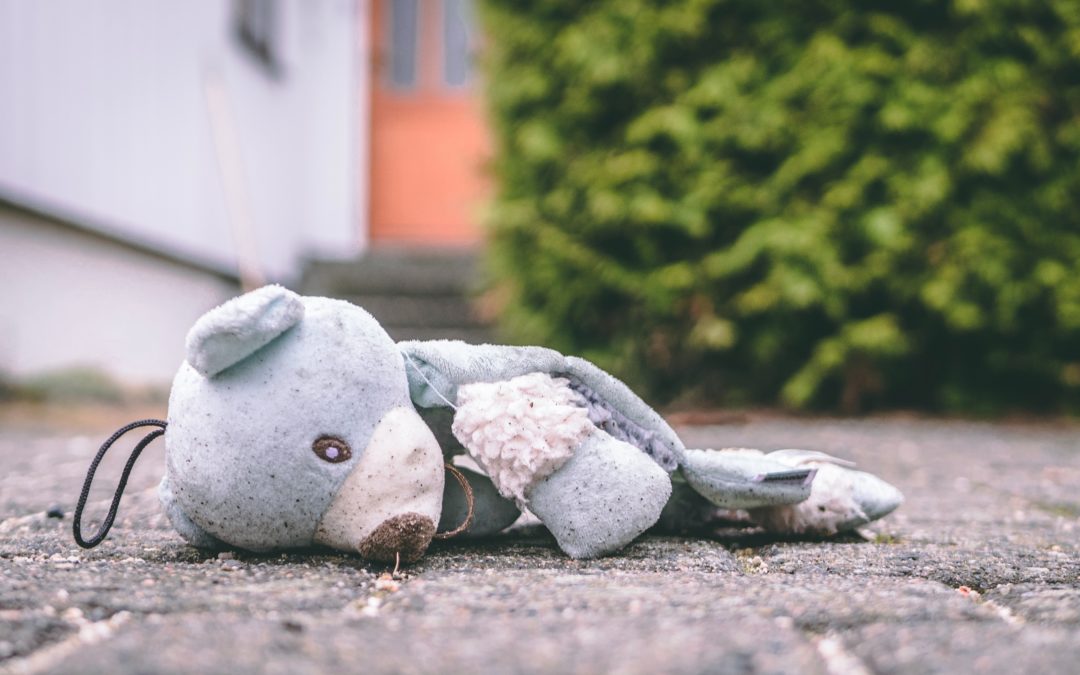I could have titled this piece “How to forgive your abusers”, but I think surviving a troubled childhood is about a lot more than forgiving those who made you suffer. It is about understanding how a troubled childhood has affected your life and kept you from becoming the best you were meant to be.
What makes up a troubled childhood?
Some traumatic experiences are obvious, like sexual abuse, other things not so much. What may seem abusive to some, others call good parenting. The only thing that matters when making this determination is what you think. If you believe the behavior of adults in your childhood left scars in your psyche, then it is so. This article is then for you.
My story
I grew up with very abusive parents. My mother was bipolar and prone to beating my brothers and I for the smallest infractions. Her physical punishment depended on her mood. From early on, I learned to read her growing anger. I could stop it from escalating out of control by apologizing for any perceived misdeed I may have caused or giving in to what ever she demanded.
My father was an emotionally distant man who kept me at arm’s length throughout his life. However, he had no problem showing his disapproval and resentment towards anything I did. I spent most of my life seeking an approval that would never come.
My parent’s marriage was a torturous affair of forty-some years and it fueled their inappropriate behavior towards each other and their children.
The net result of my upbringing was that I grew up convinced I was an imperfect son unworthy of love. This belief became embedded in my unconscious mind and became the driving force behind my unhealthy pursuit of notable achievements, for deep down inside, I believed I needed to do noteworthy things to convince others I was good enough. But there was a hole in my soul that no amount of accomplishments could ever fill.
In personal relationships, I blamed myself whenever anything went awry. I gave up my boundaries to please my partner to keep the peace. This coping mechanism reinforced my belief that I was unworthy and unlovable.
Converting the negative into positive
After decades of getting nothing out of complaining about my troubled childhood, I discovered there was another path. The secret to a more fulfilling life is to recast your experiences, not as good or evil, but as lessons you learned. I realize this can be difficult to do, especially if you have been the victim of something horrible done to you by an adult in a position of trust. This may require the help of a therapist or a life coach to overcome, but it is essential work you must do to help you develop into your higher self.
Accepting your life experiences as lessons is not about justifying any inappropriate behavior of adults who surrounded you as you were growing up. We cannot excuse abusive behavior, period. But when you begin to see experiences as life lessons, you can connect how these experiences were necessary to align you with your purpose. When you stop condemning your experiences, you open up the possibility for emotional healing.
Five things you can do to convert your experiences into positive lessons
1) There is a higher power
Your first step towards overcoming the damage of your childhood is to have faith in a Higher Power/God. You can do this in whatever form is acceptable to you, but it is an important door to open in your life if you haven’t already done so. Developing faith in a Higher Being that is part of all life helps us to know we are all connected. This also supports the notion that your life has meaning and that you are here to help create a greater good.
2) Your experiences have purpose
A Higher Consciousness gave you these experiences to help shape you into the person you need to become. You may have suffered from them, but they had a necessary mission tailored for your development.
3) You are exactly where you need to be
Whether you are open and learning from your experiences or—like me—you are a slow learner who must repeat your lessons several times before you get them, know you are at the right point in your life. Everything about you has been built on what came before. There is no formula for developing, each one of us grows at our own pace.
4) People are doing the best they know how
Even the people you believe to be the vilest were born innocent. Like you, their experiences shaped them. We cannot understand what caused them to become the way they are. This does not mean we justify what they did, but knowing they were doing what they knew how enables us to judge the action and not the person. This is the key to forgiveness.
5) Forgiveness is an essential ingredient for self-healing
Hanging on to hate is like latching on to a terrible disease. Hate festers and destroys everything good about us. Hatred justifies actions like revenge and violence. You cannot find fulfillment when you hate. Therefore, recognizing that others were doing their best allows you to forgive them. This allows you to forgive yourself, for you were a child then and did not have the tools to handle a situation where the adults around you misbehaved.
Part of forgiving ourselves is knowing we were not at fault. We developed erroneous emotional mechanism—like my penchant for people pleasing—to manage the unacceptable behavior of the adults in our lives. Remember, forgiving yourself means you can let those coping mechanisms go and replace them with ones that support your value.
Our lives are significant, we are worthy of love. Interpret your experiences as life forming and not as proof that you are flawed and undeserving. It is just not true.
Photo by Trym Nilsen on Unsplash






